Dog / Detail
A Balancing Act: Brushing Teeth and Bedtime Snacks for Your Dog
Jonathan Bennet | 05 October 2024 | 16:05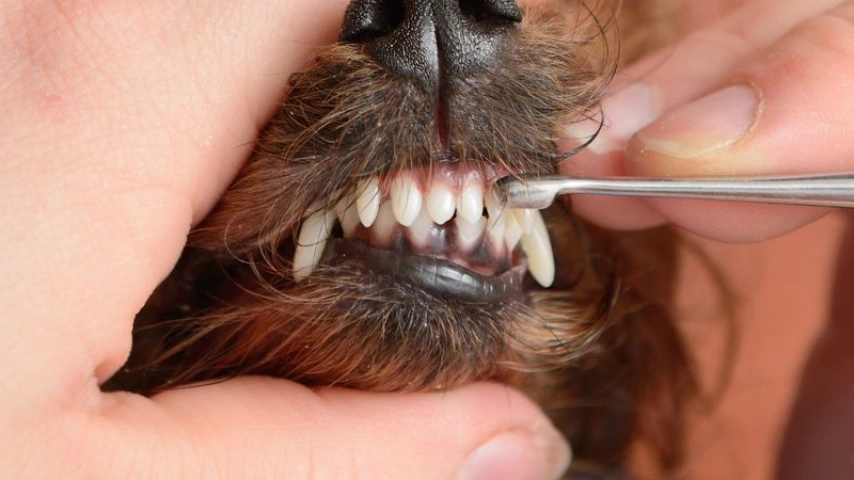
Does your furry friend have a penchant for midnight munchies? Or perhaps you're struggling to convince them that brushing their teeth is a good idea?
Many dog owners face the challenge of balancing their pet's dental hygiene with their love for treats. While brushing your dog's teeth is essential for preventing dental problems, it's equally important to consider the impact of late-night snacks.
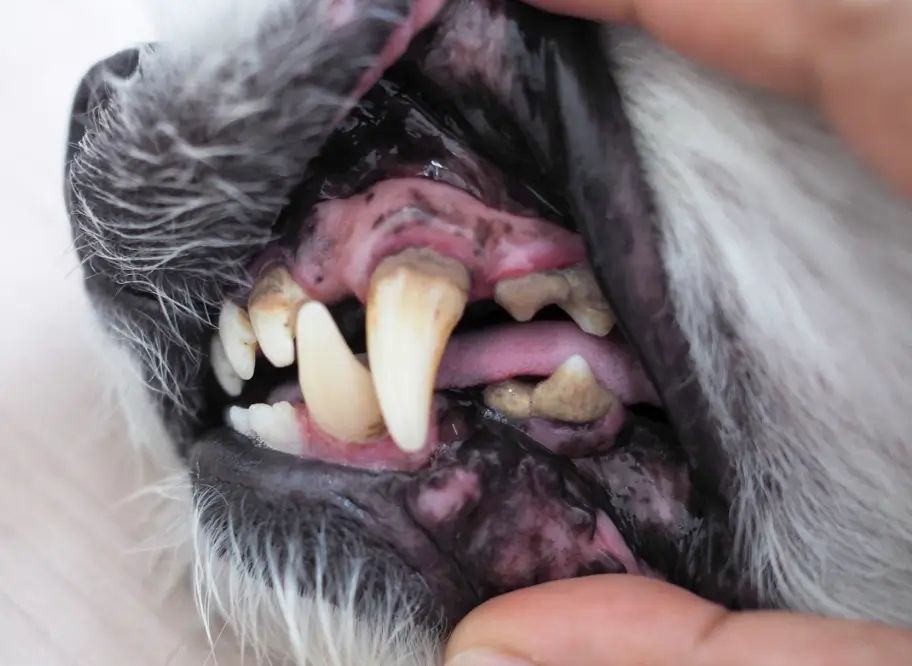
The Importance of Dental Hygiene
- Gum Disease: Gum disease is a common dental problem in dogs, leading to pain, discomfort, and even systemic health issues.
- Bad Breath: Bad breath is often a sign of underlying dental problems, such as plaque buildup or tooth decay.
- Tooth Loss: Untreated dental problems can result in tooth loss, making it difficult for dogs to eat and enjoy their favorite foods.
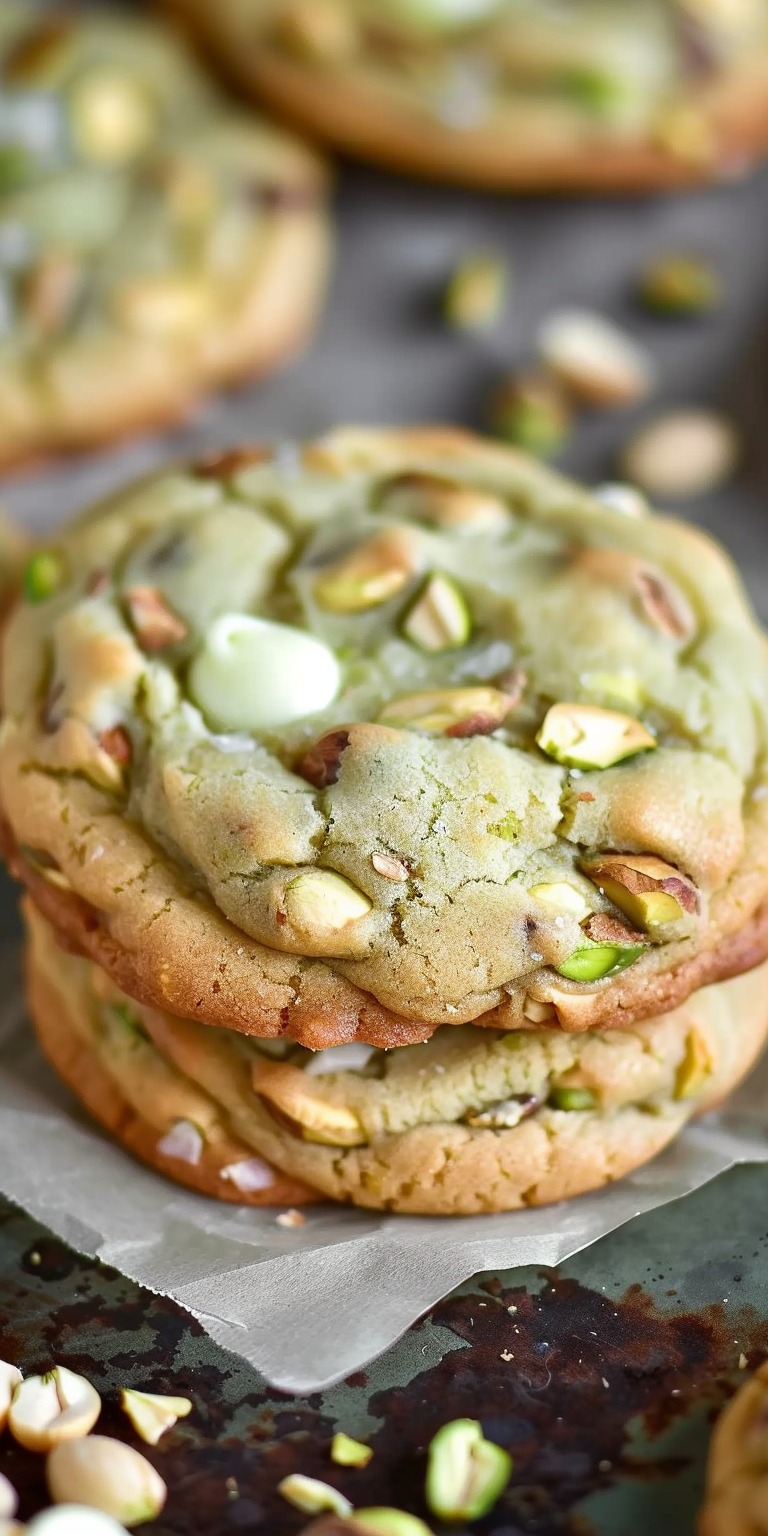
The Allure of Bedtime Snacks
- Cravings: Just like humans, dogs can develop cravings for certain foods, especially if they're associated with bedtime routines.
- Pleasure: Giving your dog a treat before bed can be a way to show them affection and provide a sense of comfort.
- Habit: Over time, giving your dog a bedtime snack can become a habit, making it difficult to break.
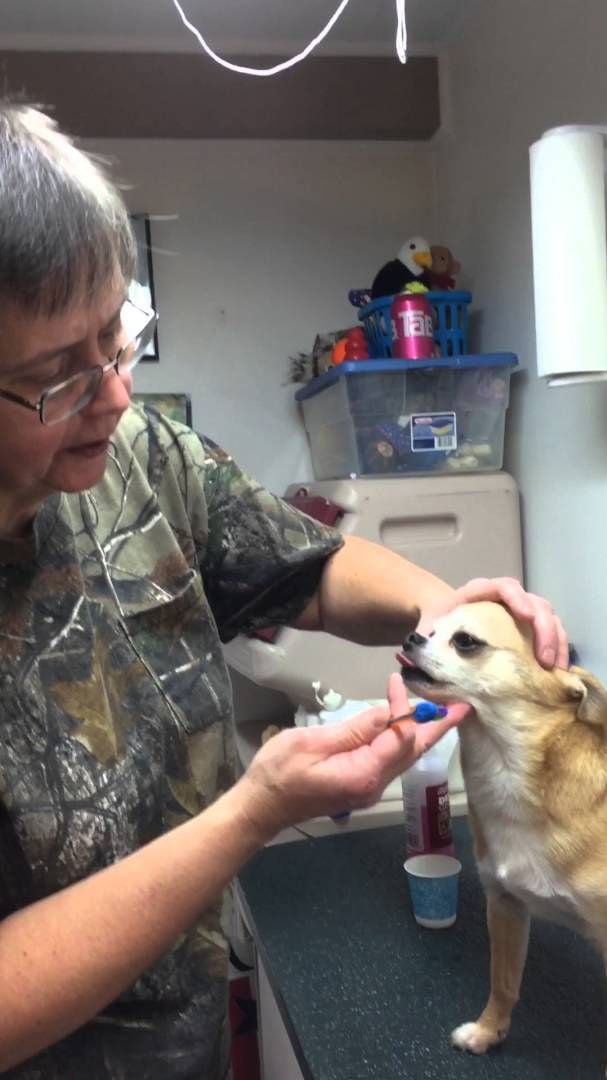
Finding the Right Balance
- Prioritize Dental Hygiene: Make brushing your dog's teeth a daily routine. Start slowly and gradually increase the duration of brushing sessions. Use a dog-specific toothpaste and a soft-bristled toothbrush.
- Choose Healthy Treats: Opt for dental chews or treats specifically designed to clean teeth and freshen breath. Avoid sugary or fatty treats that can contribute to dental problems.
- Limit Snacking: While it's okay to give your dog a treat occasionally, try to limit their intake, especially before bed. Excessive snacking can lead to weight gain and dental issues.
- Consider Meal Timing: If your dog is begging for a snack before bed, adjust their meal times to ensure they are not overly hungry.
- Create a Bedtime Routine: Establish a consistent bedtime routine that includes brushing teeth and a quiet activity, such as cuddling or playing a calm game. This can help your dog associate bedtime with relaxation and sleep.
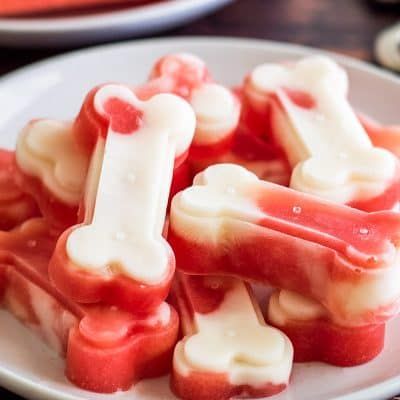
Alternative Treats
- Frozen Treats: Offer your dog frozen treats made with yogurt, broth, or fruits. These can be a refreshing and healthy alternative to traditional snacks.
- Puzzle Toys: Fill puzzle toys with treats or kibble to keep your dog mentally stimulated and occupied. This can help reduce their desire for snacks.
- Chew Toys: Provide your dog with durable chew toys to satisfy their chewing instincts and keep their teeth clean.
When to Consult a Veterinarian

- Bad Breath: If your dog's breath is persistently bad, it could be a sign of dental problems.
- Pain or Discomfort: If your dog is exhibiting signs of pain or discomfort, such as reluctance to eat or chewing on their paws, consult your veterinarian.
- Excessive Drooling: Excessive drooling can be a symptom of dental issues or other health problems.
By finding the right balance between dental hygiene and bedtime snacks, you can help your dog maintain healthy teeth and gums while still enjoying the occasional treat. Remember, consistency, patience, and a positive approach are key to successful training.
Related
-

The Healing Power of Dogs: How Canine Therapy is Revolutionizing Mental Health and Boosting Positive Energy in Humans
Dog14 November 2024
-
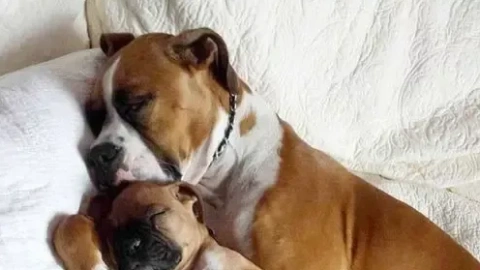
A Pawsitive History: Dogs of Nuremberg
Dog09 November 2024
-

The Role of Oxytocin in the Human-Dog Bond: The Science Behind Our Deep Connection
Dog06 November 2024
-

Beyond the Beach: Jamaica's Dog Lovers
Dog29 October 2024
-

A Dog's Delights: Homemade Snacks for Our Furry Babies, Recipes Included!
Dog29 October 2024
-
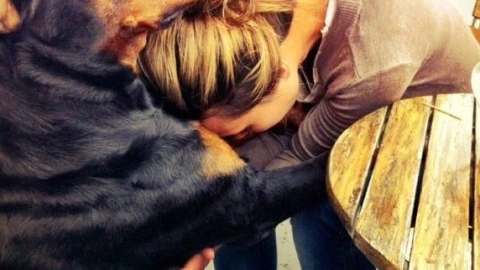
A Dog's Disorientation: Understanding Your Dogs' Wanderlust
Dog29 October 2024
Popular
-

-

A Pawsitive History: Dogs of Nuremberg
09 November 2024 -

-

Beyond the Beach: Jamaica's Dog Lovers
29 October 2024 -
